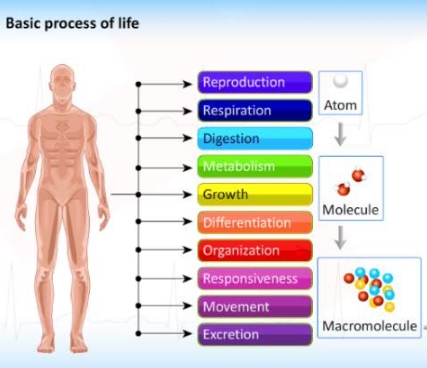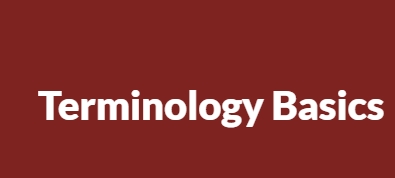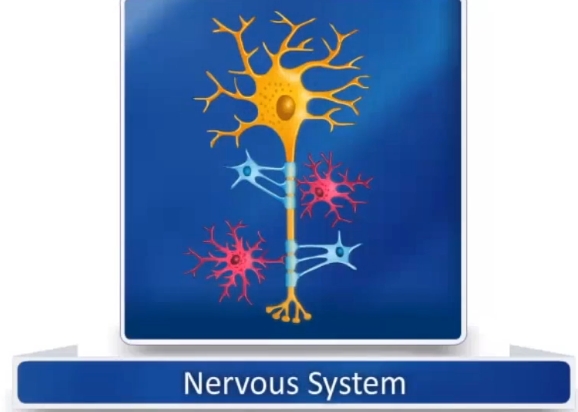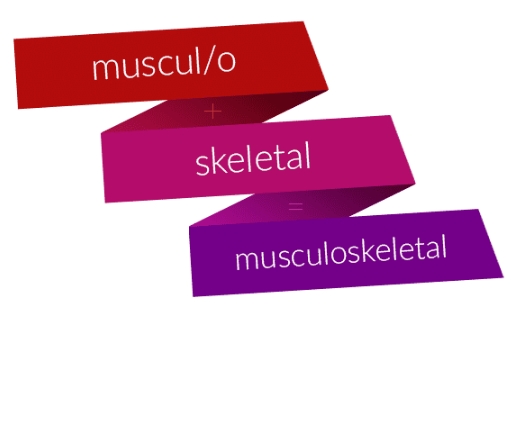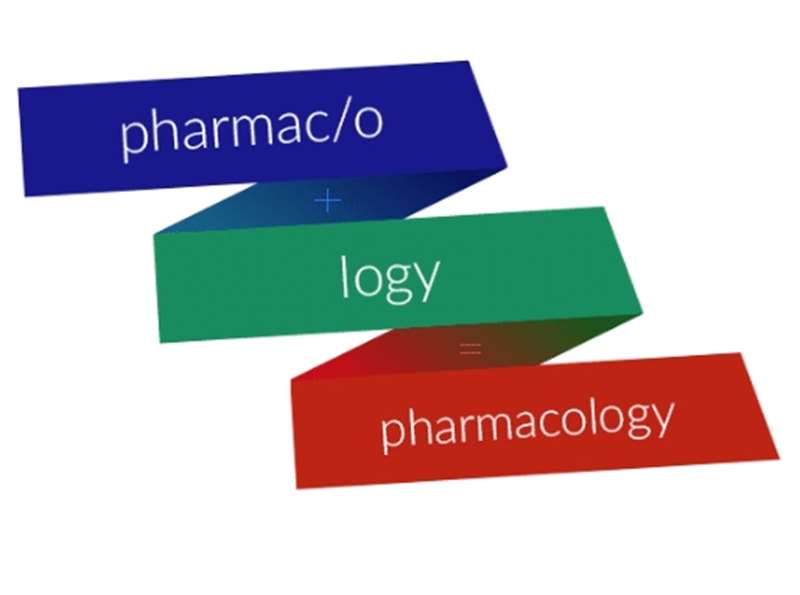About this course
Healthcare and medical professions have their own vocabulary, a specialised language that allows for quick and efficient communication between its members while minimising potential misunderstandings. Whether you are new to the medical profession or need a refresher class, we have a medical terminology course that will give you the boost you are looking for to further your career! In this course, we will cover the medical language and terminology used by healthcare professionals everywhere (in this specific subject area). If you’re interested in pursuing a health career and need the ability to communicate with medical professionals, you will find this course a perfect fit by providing you with a solid foundation in medical language.
This course forms one (subject-specific) module of our comprehensive "Medical Terminology" programme (which is comprised of 17 subject modules in total). The full programme is recommended if you require an extensive primer in various core aspects of medical terminology.
Lesson Objectives
- List general fundamentals of pharmacology including drug administration, schedules, and development.
- Identify the basics of drug nomenclature.
- Define the classification and function of different drug types.
- Identify drug classes by generic name endings.
- Analyze abbreviations used in the field of pharmacology and define their meanings.
- Recognize sound-alike medications and decipher which is appropriate for what condition.
Content
- 16.0 Pharmacology Video
- 16.1 Introduction
- 16.2 Drug Nomenclature
- 16.3 Drug Sources
- 16.4 Drug Preparations and Packaging
- 16.5 Aerosols
- 16.6 Aqueous or Topical Solutions
- 16.7 Elixirs
- 16.8 Emulsions
- 16.9 Foams
- 16.10 Liquid Sprays
- 16.11 Lotions
- 16.12 Suspensions
- 16.13 Tinctures
- 16.14 Creams
- 16.15 Ointments
- 16.16 Gels
- 16.17 Beads & Pellets
- 16.18 Capsules
- 16.19 Lozenges
- 16.20 Suppositories
- 16.21 Tablets
- 16.22 Transdermal Patch
- 16.23 Powders
- 16.24 Solids
- 16.25 Sponges
- 16.26 Tapes
- 16.27 Vapors
- 16.28 Drug Routes
- 16.29 Parenteral Drug Routes
- 16.30 Drug Route Administration Table
- 16.31 Pharmacodynamics and Pharmacotherapeutics
- 16.32 Adverse Drug Reactions
- 16.33 Drug Development/Drug Trials
- 16.34 Drug Classes
- 16.35 Drug Schedules
- 16.36 Review of Drug Terminology
- 16.37 Pharmacokinetics
- 16.38 Analgesic Agents
- 16.39 Antagonists
- 16.40 Anesthetics
- 16.41 Anti-Infective Agents
- 16.42 Antivirals
- 16.43 Suppressive Agents
- 16.44 Gastrointestinal Medications
- 16.45 Cardiac Medications
- 16.46 Respiratory Medications
- 16.47 Neurologic and Neuromuscular Medications
- 16.48 Ophthalmic/Otic Medications
- 16.49 Endocrine Medications
- 16.50 Cancer and Oncologic Medications
- 16.51 Medication Terminology Review
- 16.52 Integumentary System
- 16.53 Musculoskeletal System
- 16.54 Immune, Hematologic, Lymphatic, & Oncologic Systems
- 16.55 Immune, Hematologic, Lymphatic & Oncologic Pharmacology
- 16.56 Respiratory System
- 16.57 Nervous System & Behavioral Health Terms
- 16.58 Nervous System & Behavioral Health Medications
- 16.59 Endocrine System
- 16.60 Ophthalmologic & HEENT System
- 16.61 Gastrointestinal System
- 16.62 Urinary System Pharmacology
- 16.63 Reproductive System
- 16.64 Male & Female Reproductive System
- 16.65 Chapter 16 Quiz 1
- 16.66 Pharmacological Abbreviations and Symbols
- 16.67 Metric System
- 16.68 Abbreviations & Symbols Related to Units of Measure
- 16.69 Apothecary System
- 16.70 General Pharmacy Terms (A-I)
- 16.71 General Pharmacy Terms (M-V)
- 16.72 Pharmacy Prefixes and Suffixes
- 16.73 Drug Suffixes
- 16.74 Combining Forms for Pharmacy
- 16.75 Abbreviations for Pharmacology
- 16.76 Chapter 16 Quiz 2
- 16.77 Chapter Review
- 16.78 Chapter 16 Test
- 16.79 Pharmacology Chapter Survey

